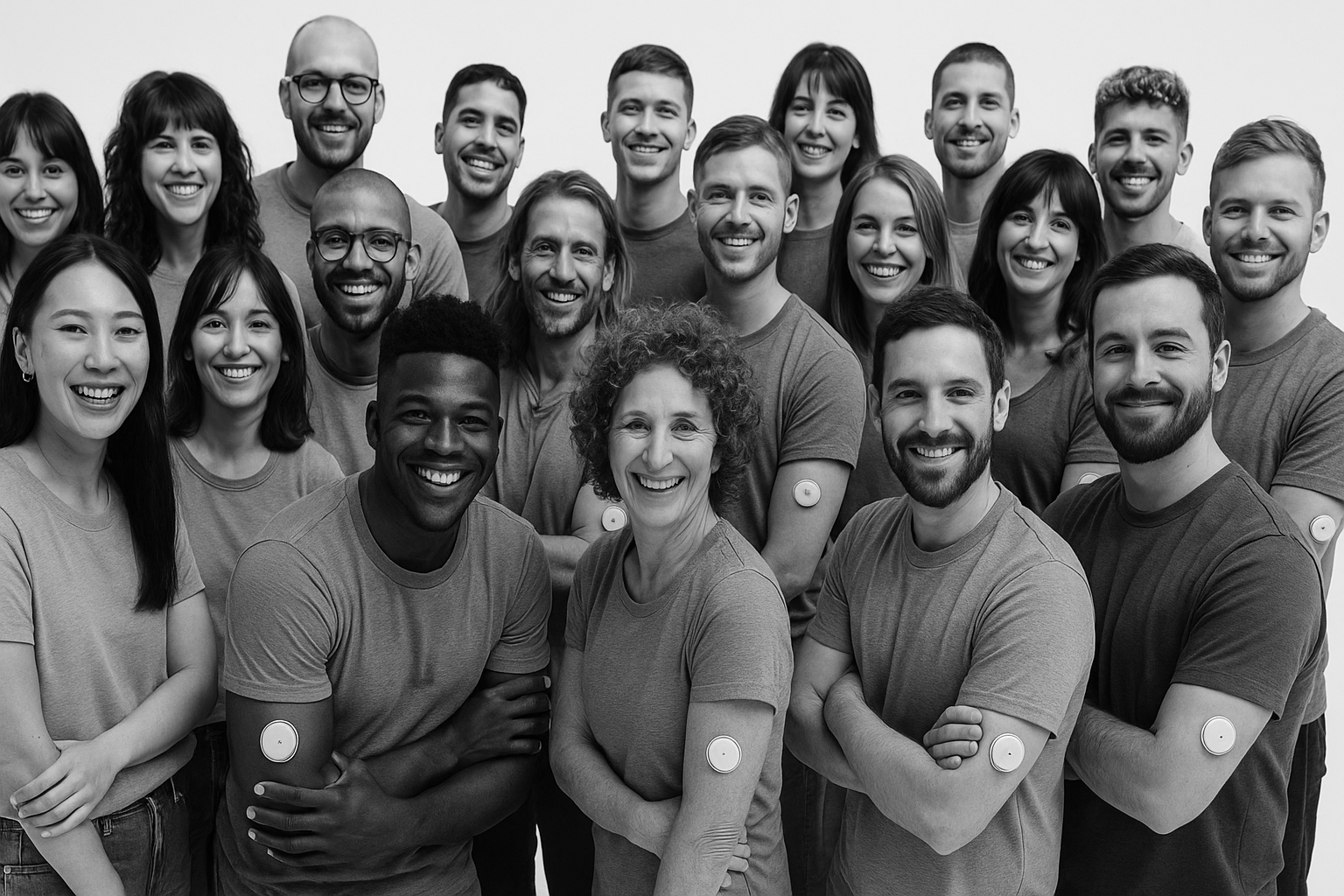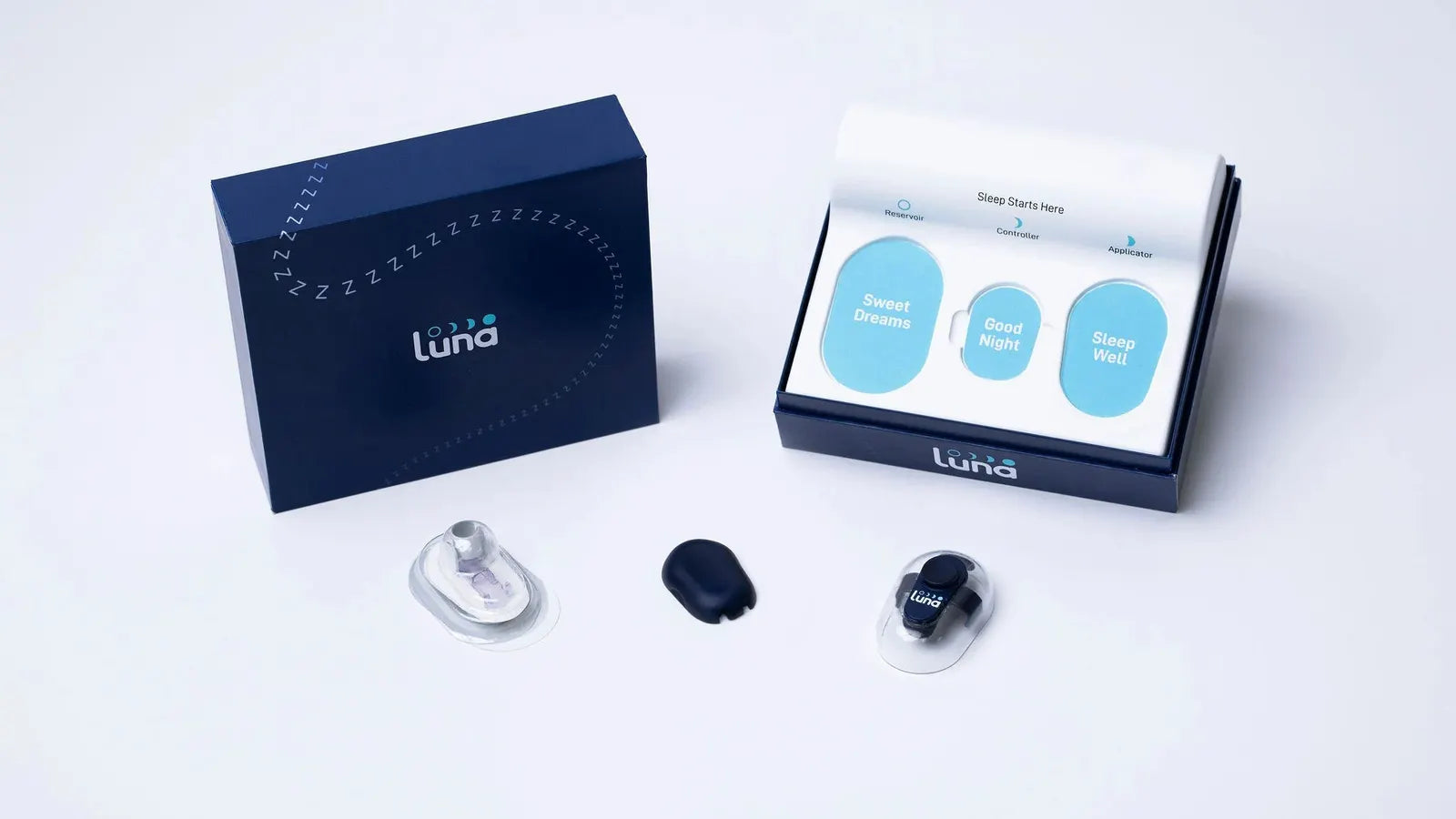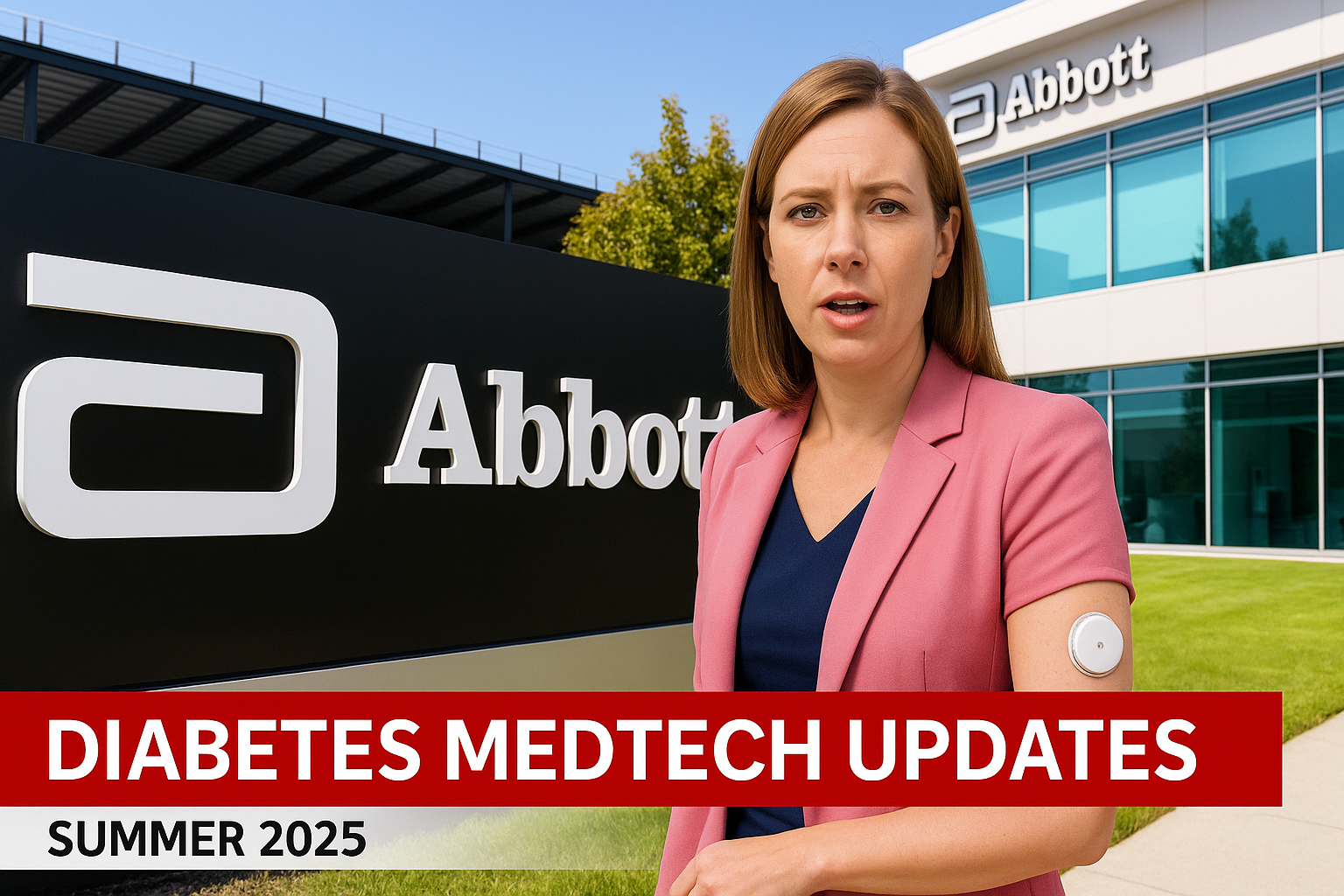
A new list of priorities for type 1 research has been published by The James Lind Alliance (JLA) supported by the National Institute for Health Research (NIHR) with both JDRF UK and Diabetes UK contributing to the work. The list and reporting of the study have been published in the journal Diabetic Medicine.
The list updates previous priorities identified in 2011 and comes from nearly 3000 questions submitted by people affected by type 1 including family members of those living with the condition, charities involved in diabetes research and healthcare professionals working in a diabetes-related capacity. Participation was open to respondents from the UK and Ireland.
The priorities were determined by first carrying out a survey which asked participants to list three questions about type 1 diabetes. This was requested through the use of social media, direct email contact and printed posters. Following analysis, a second survey asked participants to rank these priorities in order of im-portance. The top questions were then carried forward to an online, 2days final workshop where the final top 10 were ranked.
From the initial request, a total of 1050 people submitted questions. The final workshop stage involved only 27 participants of which 13 were those with living experience, the rest were categorised as healthcare professionals.
Lead author of the study, Dr Christine Newman said:
“This study is a powerful example of how Public and Patient Involvement can shape the future of healthcare. This work highlights the real-world challenges and unmet needs of adults living with type 1 diabetes. By focusing on these top 10 priorities, we can ensure that future research and healthcare services are aligned with what truly matters to those affected by the condition.”
From the study, these are the most important questions/priorities
- Can the use of artificial intelligence or fasting acting insulins help achieve fully closed loop insulin delivery?
- Is time in range a better predicter of diabetes management and complications compared to HbA1c (an average reading of blood sugar over a 3-month period)?
- What impact do hormonal phases such as the perimenstrual period and menopause play in glycaemic management and what treatments are most effective for managing glucose levels around these times?
- What interventions are the most effective for reducing diabetes related distress and burnout?
- What are the long-term implications of frequent hypoglycaemia on physical and mental health?
- What impact does type 1 diabetes (including frequent low blood sugar) have on memory and cognition in older adults?
- How can health care professionals better take into account the physical, psychological and social aspects of type 1 diabetes in clinics?
- How can access to potential therapies like stem cell therapy, transplants and medications that modify the immune systems be improved so that everyone with type 1 diabetes can be guaranteed access?
- Why do some people with type 1 diabetes become insulin resistant and does resistance increase with the number of years a person has diabetes and if so why?
- Can technology assist to accurately count carbohydrates without having to weigh or measure all foods and drink?
Do you agree?
It's especially important as charities and researchers set their priorities for the direction of future research. Diabetes UK say
'We will use these top 10 research priorities in the decisions it makes about how research is funded, and they will inform the work of the Diabetes Reaserah Steering Groups.We will also publicise these priorities widely to researchers and organisations that fund diabetes research. The priorities could influence those who work in universities and academic institutions, government agencies or in industry.'
And Rachel Connor, Director of Research Partnerships at JDRF UK and co-author of the new research paper, said:
“Research MUST reflect the needs of people who live with type 1 diabetes. Over a thousand people living with type 1 and their loved ones participated in this exercise and by doing so they provided a unique picture of the challenges they face and their hopes for managing the condition in the future. These 10 priorities can guide researchers and research funders alike in focusing on the areas of research that will deliver the impact that people with type 1 diabetes want to see in their lives.”
Reference
The James Lind Alliance (JLA) is a non-profit making initiative bringing patients, carers and clinicians together in JLA Priority Setting Partnerships (PSPs). The JLA PSPs identify and prioritise unanswered questions or evidence uncertainties that they agree are the most important, so that health research funders are aware of the issues that matter most to the people who need to use the research in their everyday lives.
Disclaimer
Blogs and publications on this website are independent of any involvement by medtech companies or diabetes related charities. To ensure there is no bias, we do not accept any products, freebies or other material from any medtech provider. Except where credited otherwise, all materials are copyright ©️Love My Libre Ltd.
Love My Libre is not associated or affiliated with Abbott or FreeStyle Libre. Content here and on our website www.lovemylibre.com does not constitute medical advice or replace the relationship between you and healthcare professionals nor the advice you receive from them.
The author of this blog has type 1 diabetes and uses the FreeStyle Libre 2 which is provided on NHS prescription.




Leave a comment (all fields required). Please note, we are unable to respond to individual comments posted here.